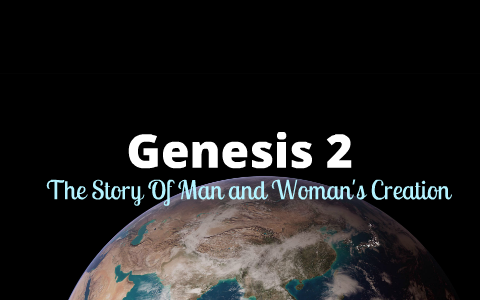Merry Christmas –
Please remember that we are not gathering this evening. Next Tuesday, we will kick off our TENTH year together as we begin our Epiphany study of Adam and the Fall in Genesis 2-3 (and 4 if there is sufficient time). The creation story of Genesis 1 that we studied in Epiphany 2020 is the story of God and his bringing about all that is seen and unseen. The story of Genesis 2-3 is the story of us. It is a story that seeks to tell us who we are and the very nature of our human condition.
Human Condition:
The human condition is unique within the created order. First, we all have a strong sense of morality and the difference between good and evil. Yet we find ourselves constantly choosing the wrong. As Paul laments, “For I do not do the good I want, but the evil I do not want is what I do.” Rom. 7:19. The question we face is why do we do wrong.
Likewise, human beings are unique in that we know that we are going to die. Unlike the stars of heaven or the beasts of the field, we know that we exist, and we know that we will someday cease to exist. As the writers of Ecclesiastes laments (as well as many others), “Vanities of vanities, all is vanity.” Eccl. 1:2. The same consciousness that gives us our morality also gives this awareness of our mortality.
On a higher spiritual plane, the human condition is also marked by a separation from God. Our consciousness gives us a sense of shame, and we hide from God. We can envision a perfect place where our moral sense reigns, death is not present, and we exist in the very presence of a very present God. But that is not our human condition today as we experience it.
The narrative of Genesis 2-3 seeks to explain our human condition and allow us to come to an understanding of our condition. The story of Adam and the Fall is not so much a historical narrative as it is wisdom literature. The story holds a mirror up to each of us so that we can better understand who we are. Therefore, as we read through and study Genesis 2-3, our discussions should allow deep personal introspection.
Adam and Jesus:
The significance of the story of Adam and the Fall lies with the New Testament’s treatment of this story. For Paul, Jesus is the solution to our human condition as described in Adam. The problems that we face, and particularly our self-consciousness of death, are overcome by Jesus’ incarnation, obedience, and resurrection. See, Rom. 5:12-21, 1 Cor. 15:42-50.
The New Testament routinely speaks of a new life (Col. 3), or a new nature (2 Peter 1:4), or a new creation (Rev. 21) and Jesus often speaks of the Kingdom of God. These terms stand in contrast to our human condition described in Adam, describe our release from our human condition in Adam, and tell us of our return to Eden. It is not a coincidence that Mary Magdelene describes the risen Jesus as a gardener. (John 20:15).
Before next week’s lesson, please read Romans 5 and 1 Corinthians 15. As we work our way through Genesis 2-3, we will often come back to how Genesis’s description of our human condition is overcome through Jesus Christ.
Going Deeper:
All you will need to read in preparation for our study is the Bible itself. It will be helpful to read through Genesis 2-3 in one sitting before we begin our study, and helpful to read through Paul’s contrast of Jesus and Adam. As part of my preparation for our study, I will be using the JPS Torah Commentary: Genesis (attached), the writings of Richard Beck, and Jordan Peterson’s lecture on Adam and Eve: Self Consciousness, Evil, and Death. The best discussion of Jesus as the reversal of Adam’s Fall is contained in St. Athanasius’s On the Incarnation (particularly sections 3-5) where he contrasts Adam’s actions as leading us towards non-existence and Jesus’ actions as giving us the way to a complete existence within God.
Our format for our study will stay the same. Dinner will be at 6. Discussion will begin with a psalm around 6:45. We will end with Compline at 8.
Therefore as sin came into the world through one man and death through sin, and so death spread to all men because all men sinned . . . . Then as one man’s trespass led to condemnation for all men, so one man’s act of righteousness leads to acquittal and life for all men. For as by one man’s disobedience many were made sinners, so by one man’s obedience, many will be made righteous.
Romans 5:12, 18-19.

